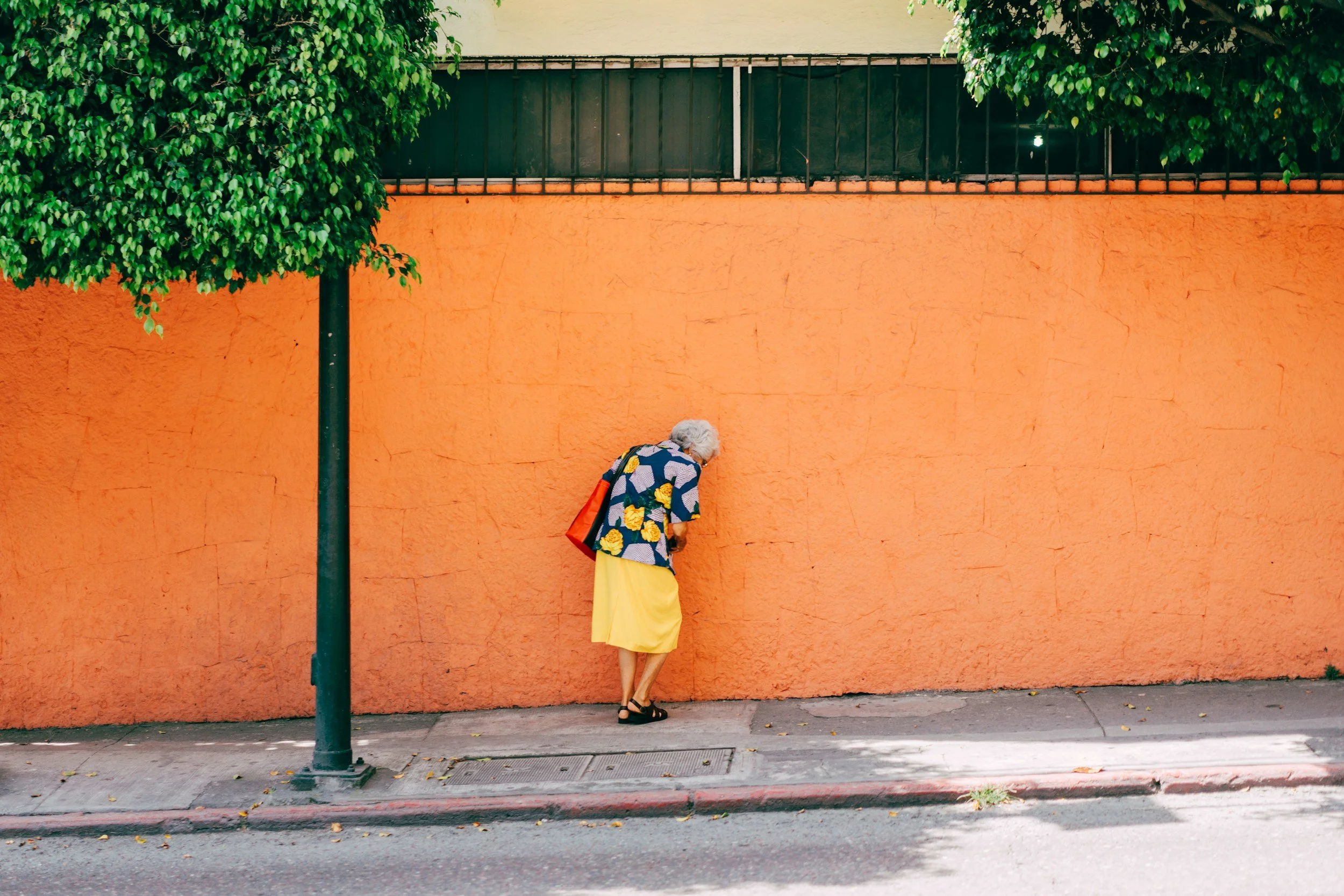People Live the Longest in This US State: Here’s Why
When it comes to living a long, healthy life, one US state stands out above the rest: Hawaii. Known for its stunning landscapes, vibrant culture, and laid-back lifestyle, Hawaii is more than just a dream vacation destination—it’s the state where people live the longest. With an average life expectancy that surpasses all other states, Hawaii offers a unique combination of factors that contribute to its residents’ longevity. Curious about what makes this Pacific paradise a haven for healthy living? Here’s why Hawaii leads the nation in life expectancy and why you should consider visiting.
Why You Should Visit Hawaii to Experience the Longevity Effect
Hawaii’s status as the US state with the longest life expectancy is no accident. The combination of a supportive community, an active lifestyle, a diet rich in fresh foods, and a deep connection to culture and nature creates a unique environment where health and longevity thrive. Whether you’re planning a visit or considering a more permanent move, Hawaii offers a lifestyle that can add both years to your life and life to your years.
1. The Power of the Aloha Spirit
One of the key factors behind Hawaii’s high life expectancy is the Aloha Spirit, a cultural ethos that emphasizes kindness, compassion, and a strong sense of community. This deep-rooted philosophy encourages residents to live in harmony with each other and the environment, fostering a sense of belonging and well-being. Studies have shown that social connections and positive relationships are vital for a long and healthy life, and in Hawaii, the Aloha Spirit is a daily practice that nurtures both mental and physical health.
2. A Natural Playground for an Active Lifestyle
Hawaii’s breathtaking natural beauty is more than just a feast for the eyes—it’s also a playground for an active, outdoor lifestyle. With year-round warm weather and easy access to beaches, mountains, and lush landscapes, residents have countless opportunities to engage in physical activities like swimming, hiking, surfing, and yoga. Regular exercise is a cornerstone of longevity, and in Hawaii, staying active is a way of life. Whether it’s an early morning paddleboard session or a sunset hike, the state’s natural environment encourages movement and vitality at every turn.
3. A Diet Rich in Fresh, Local Foods
The traditional Hawaiian diet, which is rich in fresh, locally sourced foods, plays a significant role in the state’s longevity. Residents have access to an abundance of fruits, vegetables, seafood, and whole grains, many of which are grown or caught right in their communities. Staples like poi (made from taro), fresh fish, and tropical fruits are not only delicious but also packed with essential nutrients. This focus on fresh, unprocessed foods contributes to lower rates of chronic diseases, such as heart disease and diabetes, which are major factors in life expectancy.
4. Stress Reduction Through Nature and Mindfulness
Hawaii’s serene landscapes and slower pace of life make it an ideal environment for reducing stress—a crucial component of longevity. The calming presence of the ocean, the gentle rustle of palm trees, and the awe-inspiring views of volcanic craters all contribute to a deep sense of relaxation and mindfulness. Many residents practice traditional Hawaiian wellness techniques, such as lomi lomi massage and hula, which promote physical and emotional healing. The emphasis on relaxation and mindfulness helps lower stress levels, which in turn supports a longer, healthier life.
5. A Healthcare System That Prioritizes Well-Being
Hawaii consistently ranks among the top states in the nation for healthcare quality and access. The state’s healthcare system emphasizes preventative care and early intervention, helping residents manage health issues before they become serious. Additionally, Hawaii’s high rate of insured residents ensures that more people have access to the care they need, contributing to the state’s overall health and longevity. The combination of excellent healthcare and a focus on well-being creates a supportive environment for living a long and healthy life.
6. The Influence of Cultural Traditions and Practices
Hawaii’s rich cultural heritage also plays a role in its residents’ longevity. Many of the state’s traditional practices, such as hula, laulima (cooperative work), and mālama ʻāina (caring for the land), promote physical activity, social connection, and a deep respect for nature. These practices are often intergenerational, meaning that they are passed down from elders to younger generations, creating a strong sense of continuity and purpose. This connection to culture and tradition provides a sense of identity and belonging that is crucial for mental and emotional health.
7. The Allure of the Island Lifestyle
Perhaps one of the most significant reasons why people live longer in Hawaii is the overall island lifestyle. The slower pace, the emphasis on work-life balance, and the daily connection to nature create an environment that promotes relaxation and reduces the pressures of modern life. In Hawaii, the concept of "island time" encourages a more mindful approach to living, where the focus is on enjoying the present moment rather than rushing through life. This lifestyle not only adds years to life but also life to years, making Hawaii a true paradise for those seeking longevity.


